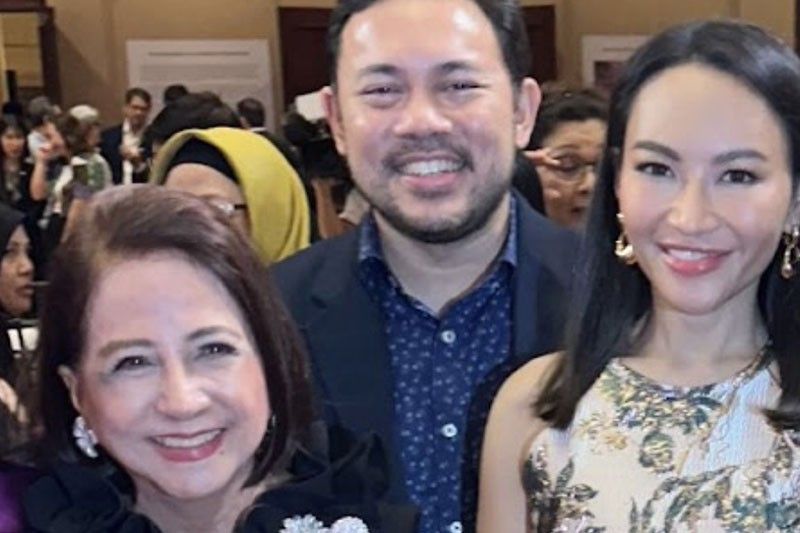
Sen. Juan Miguel “Migz” Zubiri unveiled his latest book, The Road to Peace: Crafting the Bangsamoro Organic Law, a vivid chronicle of the legislative journey behind one of the Philippines’ most significant legal milestones: the Bangsamoro Organic Law (BOL). The coffee table book not only highlights the triumphs of the BOL, but also paints a clear picture of the challenges and sacrifices required to achieve lasting peace in Mindanao.
Held at the Old Senate Session hall, the launch was a celebration for the collaborative efforts that turned a decades-long vision of autonomy and self-determination for the Bangsamoro people into reality. The senator explained, “BOL is extremely important not just for the Bangsamoro region, but also for the whole country. This shows nothing is impossible in the pursuit of peace and progress.”
The Bangsamoro Organic Law, enacted in 2018, served as the legal foundation for the establishment of the Bangsamoro Autonomous Region in Muslim Mindanao (BARMM), granting the region greater autonomy, allowing it to address long-standing issues of governance, economic disparity and armed conflict. The law stemmed from the 2014 Comprehensive Agreement on the Bangsamoro between the Philippine government and the Moro Islamic Liberation Front (MILF), a peace pact heralded as a cornerstone in the country’s efforts to end decades of strife and war.
Senators Grace Poe and Joel Villanueva, Secretary Sonny Angara, Senators Abby Binay, Cynthia Villar and Loren LegardaSenators Grace Poe and Joel Villanueva, Secretary Sonny Angara, Senators Abby Binay, Cynthia Villar and Loren Legarda
Zubiri shared how personal the crafting of the BOL was for him as a Mindanaoan. “Being from Mindanao, I have seen firsthand the impact of conflict on our communities. The Bangsamoro Organic Law is one of my proudest legislative achievements.”
The book delves into pivotal moments in the journey to peace, including Zubiri’s visits to Camp Darapanan, the MILF’s administrative base, and Ground Zero in Marawi City.
The siege of Marawi in 2017, which left the city in ruins and displaced thousands of families, underscored the urgency of passing the BOL. Migs reminisced, “ When I reached Marawi after the siege, I felt the extreme need for a long-lasting solution. Stopgap measures and short-term help were not the answers. The Bangsamoro Organic Law became the foundation for rebuilding lives and fostering hope.”

Dette Tan, Senator Mark Villar and Em Villar
The book also documents the exhaustive debates and public consultations held nationwide, ensuring that the BOL reflected the aspirations and needs of the Bangsamoro people. Zubiri emphasized the collaborative nature of the process, crediting the stakeholders, lawmakers and civil society organizations who played critical roles.


Be the first to comment